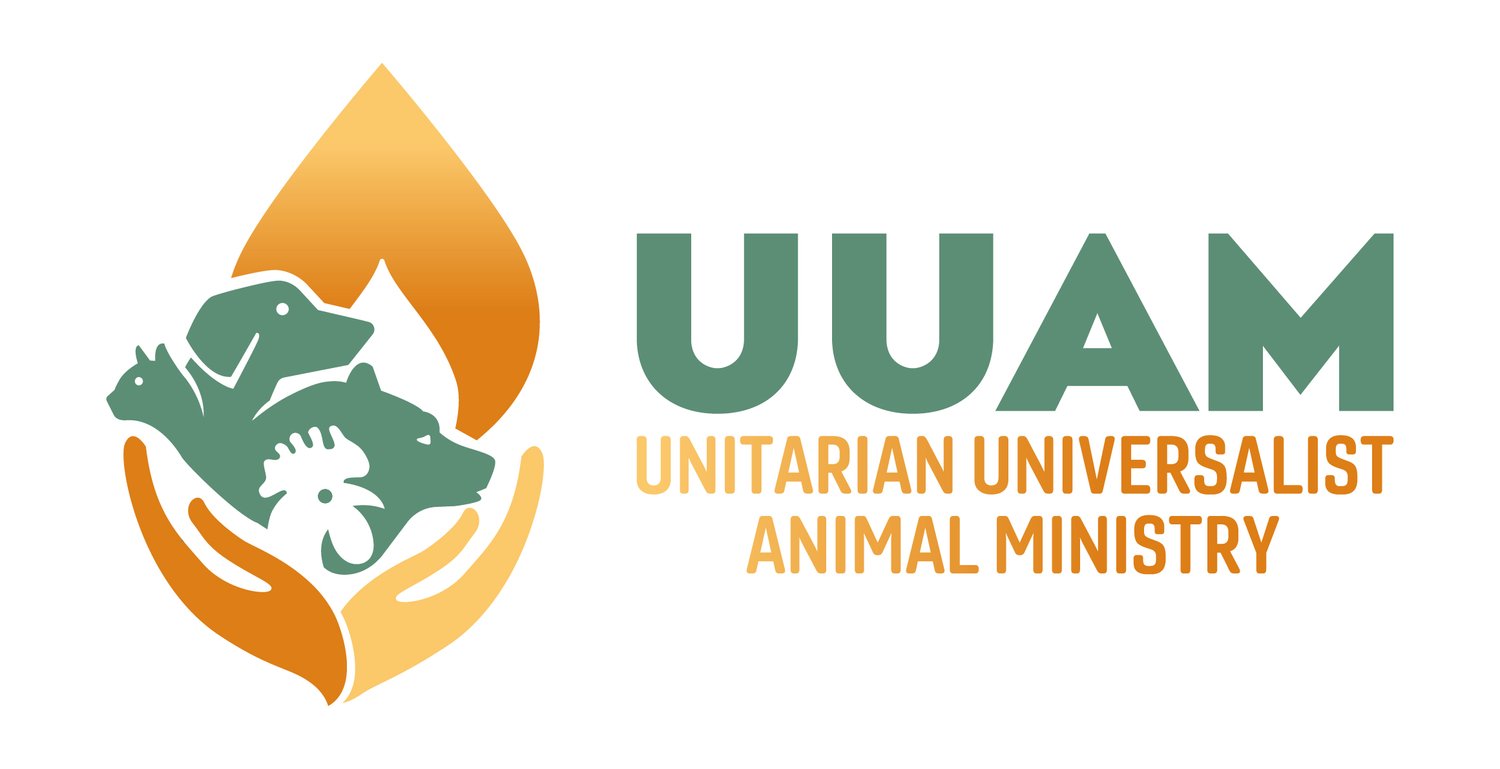A Positive Step for the Animals?
In his excellent presentation for UUAM earlier this year on “Getting Political for Animals”, Board Member Roland Halpern explained his basic view as he carries out his work on animal welfare issues: any step forward for the animals should be pursued—even though it may not be the ideal solution. It’s a perspective developed over many years that recognizes that making progress for the animals is often slow and incremental, but it is progress. So how does the future look for farmed animals—any positive steps ahead?
In recent years, more Americans have become interested in a plant-based diet. However, overall demand for meat continues to grow, with meat production projected to increase both in the U.S. and internationally. And large-scale production of cultivated meat (meat produced from cells in laboratory-like conditions without any live animals at all) is still some years off. So realistically it appears that farmed animal production will continue in a major way for the foreseeable future. That production in recent decades has basically involved two main models: large factory farming confinement operations—considered the most “efficient” but also the most inhumane, and accounting for the vast majority of meat production today—and those smaller independent farmers who strive to maintain more traditional and more humane methods, but have struggled financially to compete and have been going out of business in large numbers.
As a result, attention has increasingly been given in recent years to developing a third alternative in animal agriculture with a different kind of organizational structure. One company often pointed to is Niman Ranch, which originated near San Francisco but is now based in Westminster, Colorado. Niman Ranch (NR) is basically an umbrella organization for a network of 750 independent family farmer/ranchers, who under this structure continue to raise animals using higher welfare, non-factory-farm methods, and then their meat products are sold under the NR name through NR marketing. They get paid from NR more than they would get on their own, and they must meet NR’s more-humane-than-factory-farming animal treatment standards. So while animals in a large-scale factory farm confinement operation don’t feel the sunlight or breathe fresh air and often can’t even turn around, in a Niman Ranch-connected small farm, they must be either raised outdoors or in large, deeply bedded structures—with no crates or pens—and in accordance with higher standards of animal welfare.
While this new organizational approach isn’t without its problems and challenges, and certainly falls short of the ideal of no farmed animal production at all, it is increasingly viewed as a positive step forward for the animals, as a higher welfare system capable of competing with factory farms. BusinessWire has hailed the Niman Ranch approach as “a bright spot in an otherwise bleak trend with independent family farmers disappearing from the landscape and replaced with industrial-scale confinement operations.” And in 2023, Niman Ranch was named to Fast Company’s list of the World’s Most Innovative Companies for creating a business model that expands opportunities for smaller, more sustainable family farms and for its efforts to improve farm animals’ living conditions. An article from The Counter taking a look at the Niman Ranch operation and its broader impact is here.
This overall approach is analogous to that taken by California with the passage of Proposition 12, which banned the sale in California of meat from animals raised under extreme confinement conditions. That falls short of the ultimate goal of many animal advocates, but it’s still widely hailed as a positive step forward for the animals. And while the industry officially and publicly strongly opposes the requirement, some of the nation’s largest meat-producing companies have been taking steps to address extreme confinement and become “Proposition 12 compliant" (article here), with potential benefits for millions of farmed animals. As Allison Molinaro of Compassion in World Farming put it: “I don’t think anyone needs to be a rocket scientist to understand that having space to lie down and stretch your legs is necessary for mental and physical well-being. Living in a gestation crate is like having a human live in a telephone booth.” Even many individuals and groups who oppose animal agriculture and would like to see it fully replaced by plant-based agriculture could still acknowledge Proposition 12 and Niman Ranch standards as positive steps for the animals.

